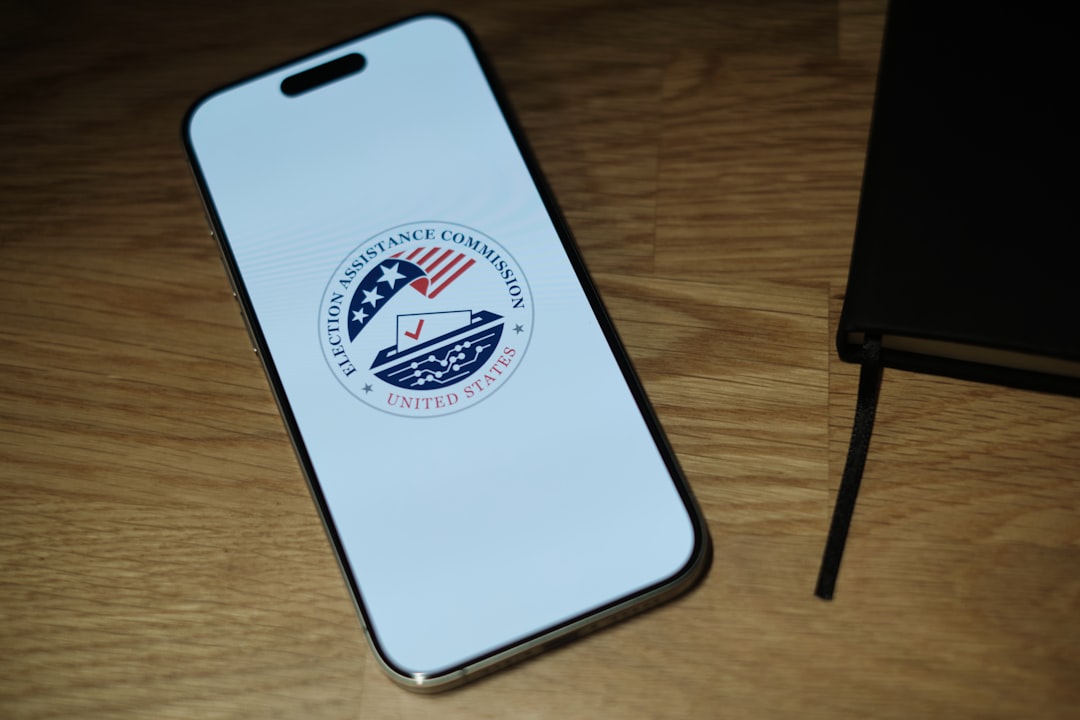Spam calls are a common problem in Bridgeport, Connecticut, but residents can protect themselves using the Telephone Consumer Protection Act (TCPA). To stop spam calls, first identify automated or prerecorded messages and document caller details. Report these calls to local authorities and consult a CT spam call law firm or TCPA lawyer for legal assistance. These professionals can help you navigate reporting processes and fight for financial compensation if violations occur.
Understanding Spam Calls and Relevant Laws in Connecticut

Spam calls, also known as unsolicited or unwanted telephone marketing calls, are a common nuisance in Bridgeport and across Connecticut. These calls often promote products or services, offer misleading information, or try to sell you something you didn’t express interest in. The Telephone Consumer Protection Act (TCPA) is a federal law designed to protect consumers from these types of calls. It prohibits companies from making automated or prerecorded phone calls to consumers without their prior consent. In Connecticut, the law is enforced by the Attorney General’s Office and local law enforcement agencies.
Understanding your rights under the TCPA and state laws is crucial when dealing with spam calls. If you have received unwanted calls, documenting the incident is essential. Note down the caller’s phone number, the date and time of the call, any message left, and if you’ve given permission for marketing calls before. Connecticut residents can file a complaint with the Attorney General’s Consumer Protection Unit or contact a law firm specializing in TCPA cases to explore legal options, including potential financial compensation for violation of your rights.
Steps to Report Spam Calls Effectively to Local Authorities

To report spam calls effectively and help stop this nuisance in Bridgeport, Connecticut, follow these steps. First, identify the nature of the call as spam. Check if the caller is using an automated system or a prerecorded message, common indicators of spam calls. Then, gather essential information such as the caller’s phone number, the date and time of the call, and any specific details about the message.
Next, contact your local law enforcement agency or the Attorney General’s Office in Connecticut to file a report. Many jurisdictions have straightforward processes for reporting spam calls, often including online forms or dedicated telephone lines. When filing your report, provide as much detail as possible and include any evidence you may have, such as screenshots of messages or call logs. Additionally, consider consulting with a law firm specializing in TCPA (Telecommunications Consumer Protection Act) cases, as they can guide you on legal options available to stop spam calls and help protect your rights under Connecticut’s spam call laws.
When to Consult a Lawyer for TCPA Violations in Connecticut

If you’re experiencing a relentless barrage of spam calls in Bridgeport, Connecticut, it may be time to consult with a legal professional. The Telephone Consumer Protection Act (TCPA) is a federal law designed to protect consumers from unwanted phone marketing calls, texts, and faxes. It’s crucial to understand your rights under this legislation, especially when dealing with persistent or abusive spam calls. A lawyer specializing in TCPA violations can guide you through the legal process of reporting these calls and holding the perpetrators accountable.
In Connecticut, as in many states, there are strict regulations in place to combat spam calls, and a qualified attorney can help ensure that your rights are respected. If you’ve tried conventional methods to stop the calls without success, reaching out to a spam call law firm or lawyer for TCPA assistance could be a game-changer in reclaiming your peace of mind and putting an end to these unwanted intrusions.






